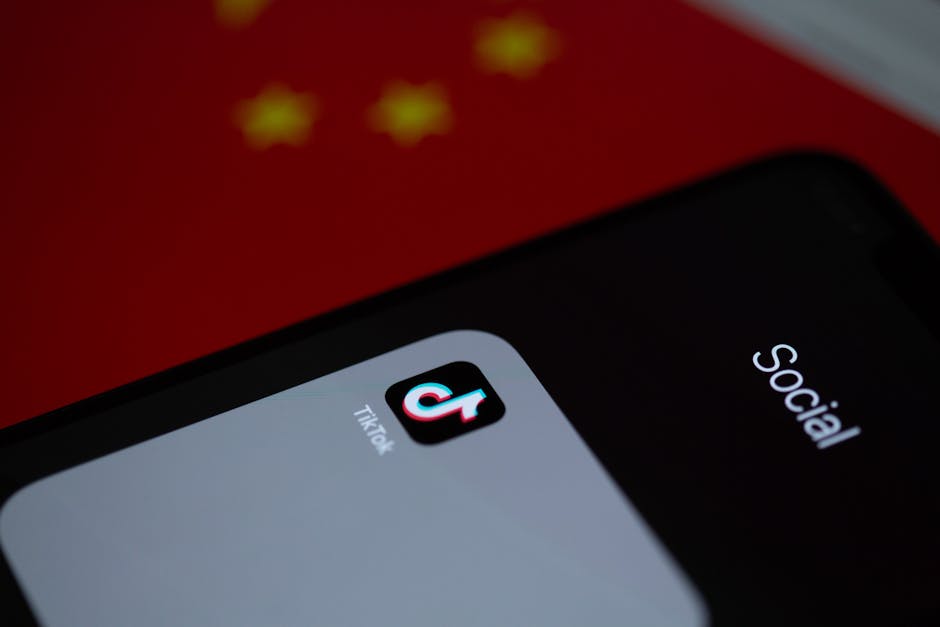Imagine scrolling through your social media feed and instead of seeing updates from friends and family, you’re bombarded with negativity, arguments, and even outright hostility. You’re not alone. A staggering 70% of young people have experienced cyberbullying, often fueled by the pervasive hate on social media. Feeling tired from hate on social media isn’t just a personal experience; it’s a growing problem that affects mental health, relationships, and even our perception of the world. This article provides practical strategies to reclaim your online experience and build a healthier relationship with social media.
We’ll guide you through understanding the roots of online negativity, offering actionable steps to protect yourself, and exploring tools and techniques to foster a more positive online environment. It’s time to take control and transform your social media journey from a draining chore into a source of connection and inspiration.
### Understanding the Roots of Online Negativity
Before we can combat online hate, it’s important to understand where it comes from. Several factors contribute to this problem:
Anonymity: The ability to hide behind a screen name emboldens some people to say things they would never say in person. This lack of accountability can lead to increased aggression and online hate.
Echo Chambers: Social media algorithms often create echo chambers, where users are primarily exposed to information that confirms their existing beliefs. This can lead to polarization and intolerance towards opposing viewpoints.
Viral Outrage: Social media platforms can amplify outrage and negativity, turning minor disagreements into viral firestorms. This creates a climate of fear and anxiety, where people are afraid to express themselves for fear of being attacked.
Mental Health: People suffering from mental health conditions, especially anxiety and depression, can find it harder to regulate their emotions and be more easily triggered by harmful content.
### Strategies to Protect Yourself from Hate on Social Media
Feeling tired from hate on social media? You can take steps to protect yourself:
1. Curate Your Feed: Unfollow, mute, or block accounts that spread negativity or trigger you. Don’t be afraid to prune your social media connections. It’s your online space; make it a positive one.
2. Limit Your Time: Set time limits for social media use and stick to them. Excessive scrolling can lead to increased exposure to negative content and decreased mental well-being. Use built-in app timers or third-party apps to help you stay on track.
3. Engage Mindfully: Before posting or commenting, take a moment to consider your words and how they might be received. Avoid engaging in arguments or debates, especially if you feel triggered or emotionally charged.
4. Report and Block: Most social media platforms have reporting mechanisms for hate speech, harassment, and other forms of abuse. Use these tools to report offending content and block users who are spreading negativity.
5. Prioritize Real-Life Connections: Spend more time connecting with people in person, engaging in hobbies, and pursuing activities that bring you joy. This can help you balance your online life with your offline life and reduce the impact of online hate.
### Tools and Techniques for Fostering a Positive Online Environment
Beyond individual actions, here are some tools and techniques to promote a more positive online environment:
Comment Filters: Utilize comment filters on social media platforms to automatically hide or remove offensive or hateful comments.
Content Moderation: Social media platforms should invest in more robust content moderation policies and technologies to identify and remove harmful content. This is essential for fostering a safe and respectful online environment.
AI-Powered Tools: Several AI-powered tools can detect and flag hate speech, cyberbullying, and other forms of online abuse. These tools can help content moderators identify and address harmful content more efficiently.
Promote Positive Content: Actively seek out and share positive, uplifting, and inspiring content on social media. This can help counterbalance the negativity and create a more balanced online experience.
### Common Mistakes to Avoid
When trying to combat hate on social media, avoid these pitfalls:
Engaging with Trolls: Trolls thrive on attention and engagement. Don’t feed them. Ignore their comments or block them outright.
Reacting Emotionally: Responding to online hate with anger or defensiveness can escalate the situation. Take a step back, calm down, and respond thoughtfully, if at all.
Believing Everything You See: Not everything you see on social media is true. Be critical of the information you consume and avoid spreading misinformation.
Isolating Yourself: Don’t be afraid to reach out to friends, family, or mental health professionals if you’re struggling with the impact of online hate.
### Expert Insights
“The internet can be a powerful tool for connection and communication, but it can also be a breeding ground for negativity and hate speech,” says Dr. Emily Carter, a social media researcher. “It’s important to be mindful of the content we consume and the impact it has on our mental health.”
According to the Pew Research Center, only a small percentage of social media users are responsible for the vast majority of abusive or hateful content. This underscores the importance of holding these individuals accountable for their actions. Find more research on social media use here.
### Building a Guide to Combatting Hate on Social Media
Here’s a step-by-step guide to building a more positive social media experience:
| Step | Action | Description | |
|---|---|---|---|
| 1 | Self-Assessment | Identify the platforms and types of content that trigger negative emotions. | |
| 2 | Curate Your Feed | Unfollow, mute, or block accounts that contribute to negativity. | |
| 3 | Set Time Limits | Use app timers or third-party apps to limit your daily social media usage. | |
| 4 | Engage Mindfully | Before posting or commenting, consider your words and their potential impact. | |
| 5 | Report and Block | Report hate speech, harassment, and other forms of abuse. Block offending users. | |
| 6 | Seek Support | Reach out to friends, family, or mental health professionals if you’re struggling. | |
| 7 | Promote Positivity | Share positive, uplifting content and engage in constructive conversations. | |
| 8 | Stay Informed | Keep up-to-date on the latest research and resources related to online hate and cyberbullying. |
### Key Takeaways
You have the power to control your social media experience. Curate your feed, limit your time, and engage mindfully.
Don’t be afraid to report and block users who are spreading negativity.Prioritize real-life connections and activities.Seek support if you’re struggling with the impact of online hate.”Remember that you’re not alone. Many people are feeling tired from hate on social media.”
### FAQ: Tired From Hate on Social MediaQ: What can I do if I’m tired from hate on social media?
A: You can start by curating your feed, limiting your time on social media, and engaging mindfully. Report and block users who are spreading negativity.
Q: How can I create a more positive online environment?
A: Promote positive content, engage in constructive conversations, and avoid engaging with trolls.
Q: Is there anything social media platforms can do to combat hate on social media?
A: Yes. They should invest in more robust content moderation policies and technologies, promote media literacy, and work with researchers to understand and address the root causes of online hate.
Q: Where can I find support if I’m struggling with the impact of online hate?
A: You can reach out to friends, family, or mental health professionals. Many online resources are also available, such as the Crisis Text Line and the Trevor Project.
Q: Why is it so hard to get rid of hate on social media?
A: A few factors contribute, including anonymity, echo chambers, algorithmic amplification, and a lack of accountability. It requires a multi-pronged approach from individuals, platforms, and society as a whole.
Feeling tired from hate on social media is a valid and increasingly common experience. However, you’re not powerless. By understanding the causes of online negativity and taking proactive steps to protect yourself, you can reclaim your online experience and foster a more positive and supportive social media environment. Remember to prioritize your mental health and seek support when needed. Let’s work together to create a digital world that is more inclusive, respectful, and kind.
Take action today! Unfollow one negative account, set a time limit for social media, and share this article with a friend who might be feeling tired from hate on social media. You can also learn more about addressing hate speech from organizations like the ADL (Anti-Defamation League). Your small actions can contribute to a significant positive change. For more information on media literacy, you can visit National Association for Media Literacy Education.



